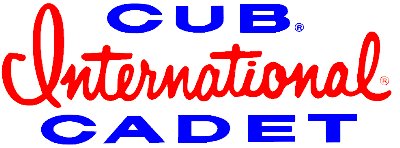glippert
Well-known member
It's no secret that all of you are probably a lot smarter than me about such things, so I'll ask my question here. Cleaning up a little today, sorting nuts, bolts washers, etc, and it occurred to me that I don't know the proper use for various lock washers. Inside star vs outside star? Star vs spring? I presume the stars are for lower torque situations like electronic assemblies & cicuit boards. But I've been known to "mis-presume" more than a few times in my life.
(I also presume that wondering about such things may indicate too much free time...)

(I also presume that wondering about such things may indicate too much free time...)






























































